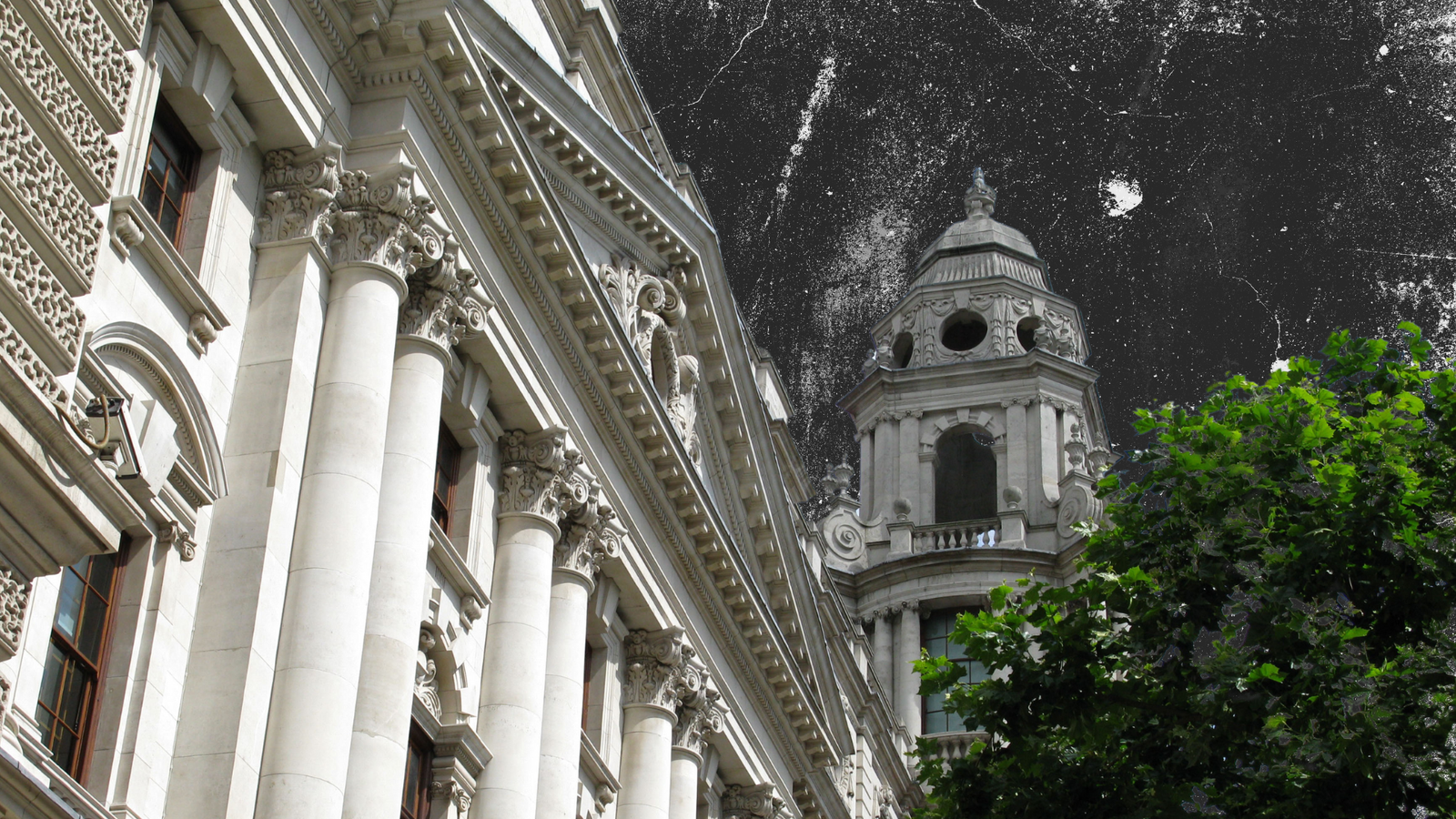HMRC fraud team’s civil inquiries fall by half over five years
Original article by Ed Siddons republished from The Bureau of Investigative Journalism under a Creative Commons Attribution-NonCommercial-NoDerivs 3.0 Unported License.

The number of civil tax avoidance leads looked into by HMRC’s Fraud Investigation Service has fallen by almost half in five years, while the number of civil cases it has formally opened has decreased by more than a quarter.
These figures, obtained by the Bureau of Investigative Journalism (TBIJ) under Freedom of Information laws, raise questions about the tax authority’s performance since the start of the pandemic.
The findings follow revelations by TBIJ and the Observer in September that prosecutions following HMRC investigations plummeted by two thirds in five years. TBIJ then revealed in January that HMRC has not charged a single company under a landmark 2017 law to clamp down on corporate tax evasion.
The new figures suggest that the tax authority’s civil enforcement has also declined alongside its use of criminal powers.
Margaret Hodge MP called on HMRC to “finally crack down on egregious tax avoidance and collect the revenues we desperately need”.
In the tax year of 2018/19, HMRC’s Fraud Investigation Service opened 37,273 “risks”, a term used to describe a preliminary inquiry into suspected error or false declaration. In 2022/23, that figure fell to just 21,338 – a 43% decline in five years.
The number of civil cases that were formally opened fell by 28% in the same period, from 17,424 to 12,585.
More from this projectJust 11 ‘wealthy’ people prosecuted for tax fraud last yearNot a single company charged with tax evasion under stronger HMRC powers
“The new revelations that HMRC is failing to make up for [declining numbers of criminal prosecutions] by undertaking more civil investigations is just disgraceful,” said Hodge. “These consecutive failures mean tax dodgers and their enablers can continue getting away scot-free.”
Stephen Daly, senior lecturer in corporate law at King’s College London, said: “[The number of] investigations has fallen off a cliff, and that can’t be good … If you don’t enforce the rules, then you create a culture in which people don’t have to worry about their tax returns later being checked.”
Civil inquiries and investigations declined sharply in 2020, when the Covid-19 pandemic interrupted HMRC’s enforcement activity. But despite a significant rise last year, the number of cases remains well below pre-pandemic levels. “If, in fact, this isn’t explained by Covid, then it’s unacceptable,” said Daly.
A HMRC spokesperson told TBIJ that figures relating to its Fraud Investigation Service “do not take account of our overall compliance activity”, including 300,000 interventions opened in 2022/23. They said the authority has recouped £136bn from compliance interventions since 2018/19.
Easy targets?
As well as the general decline in civil cases opened by HMRC’s fraud unit, the number opened by its team for investigating offshore, corporate and wealthy taxpayers has fallen especially steeply, by 56% in five years.
“Even when [HMRC is] opening civil cases, they appear to be going after the easier, lower value targets,” said Fiona Fernie, a partner at tax advisory firm Blick Rothenberg.
Last year, HMRC reached one of its highest ever tax settlements when former F1 mogul Bernie Ecclestone paid £650m after pleading guilty to tax fraud – but that success was “the exception, not the rule”, said Fernie.
Part of the problem is that the UK has an increasingly complex tax code, which makes enforcement action difficult, she said. “The staff are under considerable pressure, we get an increasingly complicated system every year, [and] it’s very difficult to get anybody to keep up with it.”

Robert Palmer, executive director of Tax Justice UK, said another issue was lack of resources. “We know HMRC is underfunded and resources have been diverted for work on Covid and Brexit,” he said.
HMRC estimates that it collects 95% of all the tax owed in the UK, a proportion it says has remained stable in recent years. However, it estimates that the remaining 5% still accounts for about £36bn.
“Parliamentary research shows that when the government invests in HMRC, the return on investment is significant. Until the department is properly funded, vast sums of money owed, often by the richest people and companies, will go unrecovered,” said Palmer.
The Public Accounts Committee last year found that for every £1 spent on compliance, HMRC recovers £18 in additional tax revenue. “The government is missing the opportunity to recover billions in lost revenue by not resourcing compliance,” it said.
Original article by Ed Siddons republished from The Bureau of Investigative Journalism under a Creative Commons Attribution-NonCommercial-NoDerivs 3.0 Unported License.